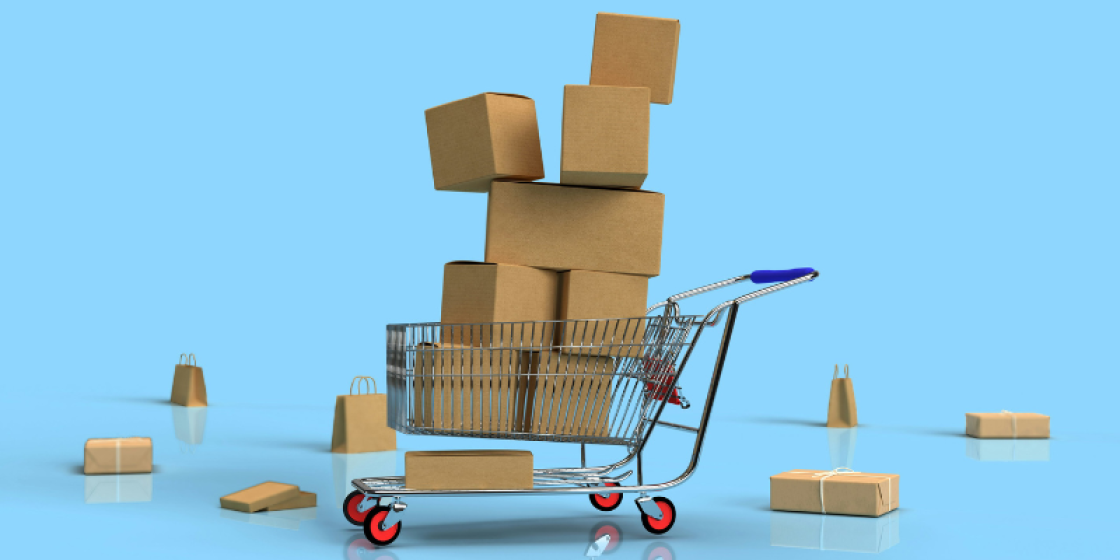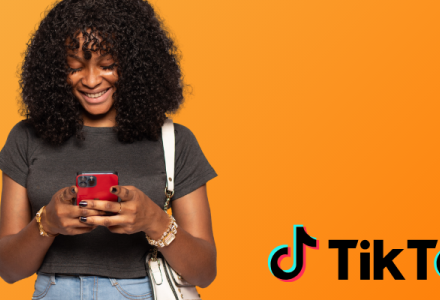Navigating the UK FMCG Landscape: What Brands Should Do on Amazon
Last week some of our team attended the Amazon FMCG event. Nielsen IQ presented some interesting data on E-commerce trends which provided really good context to the selling environment on amazon. In this article we share our learnings and what it means for brands.
- UK’s FMCG sector is resilient yet shaped by significant consumer shifts and digital transformation.
- With FMCG value sales reaching £215 billion and inflation easing but still impacting household budgets, shoppers remain cautious. More than half of UK households feel severely or moderately affected by the cost of living, and 62% expect to be impacted in 2025.
- This has led to consumers reducing out-of-home spend, cutting back on treats, takeaways, and meals out, and increasingly turning to private label options and promotions.
- E-commerce is now a vital channel for growth. Online FMCG sales account for 12.7% of the UK market, with growth outpacing offline channels at 10.9%1.
- Millennials and Gen Z drive most online spend, but older shoppers are rapidly embracing digital shopping. Amazon is at the centre of this shift, with its FMCG market share growing as consumers shop more frequently and in larger baskets.
- Small and medium vendors (SMEs) are especially well-placed, driving over 70% of online category growth.
- Prime Days and Black Friday are pivotal events, driving significant sales uplifts and bigger baskets.
- During Prime Days, average spend per order increases by almost half, and last-minute purchases are common—with over a third of sales made in the final four hours of the event. Personal care, home care, pet, and healthcare products see the strongest seasonal boosts.
So, given this context, What Should Brands Do on Amazon UK?
1. Emphasise Value
With cost-of-living pressures top of mind, shoppers are actively seeking savings. Nearly 40% of consumers are trying to save on grocery bills, and 39% switch to lower-priced options or buy whatever brand is on promotion. Brands should highlight promotions, offer bulk deals, and clearly communicate value. This reassures shoppers and helps compete with private label products, which now make up over half of FMCG unit sales. Premium private label ranges are growing at double-digit rates, so differentiation through innovation, sustainability, and health benefits is key
2. Leverage Amazon’s Key Events
Prime Days and Black Friday are not just sales events—they are critical moments for customer acquisition and loyalty. These events attract new shoppers and encourage repeat purchases, with higher average spend and basket sizes. Brands should plan campaigns and promotions around these events, using Amazon’s tools like Lightning Deals and Prime Exclusive Discounts to maximise visibility and drive impulse purchases. Timing is crucial: activating offers in the final hours can capture last-minute buyers.
3. Focus on Private Label Competition
Private label is no longer just for budget shoppers. Premium private label ranges are winning over mainstream consumers, and their growth is outpacing branded products in many categories. Brands need to innovate in product formulation, packaging, and messaging—especially around sustainability and health, which are increasingly important to consumers. Leveraging Amazon’s Brand Registry to protect and promote your brand can help maintain a competitive edge.
4. Target Generational Trends
Online shopping is dominated by Millennials and Gen Z, but older demographics are rapidly increasing their online spend. Each generation has distinct shopping habits: younger shoppers value authenticity, social responsibility, and digital engagement, while older consumers prioritise convenience and trust. Brands should tailor marketing strategies accordingly—using video content and influencer partnerships for younger audiences, and emphasising reliability and ease of use for older shoppers. Amazon’s advertising tools allow for precise targeting by age, interests, and shopping behaviour.
By aligning with these trends—emphasising value, leveraging key events, focusing on private label competition, targeting generational preferences, brands can build loyalty, drive growth, and stay ahead in the evolving UK FMCG market on Amazon



